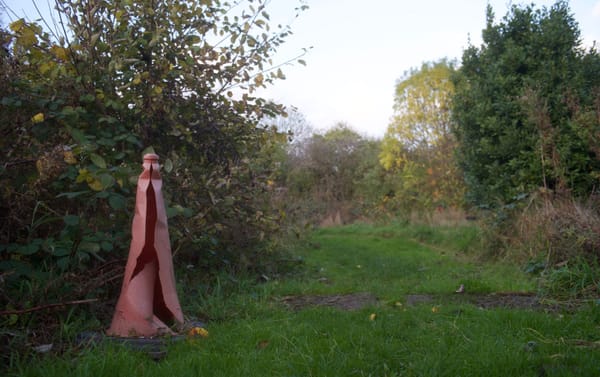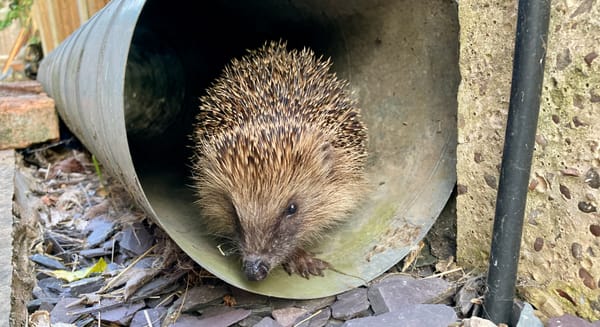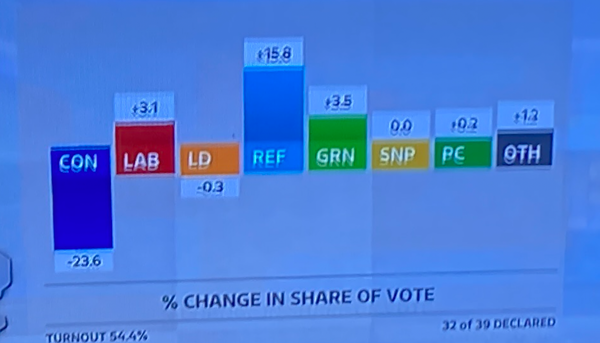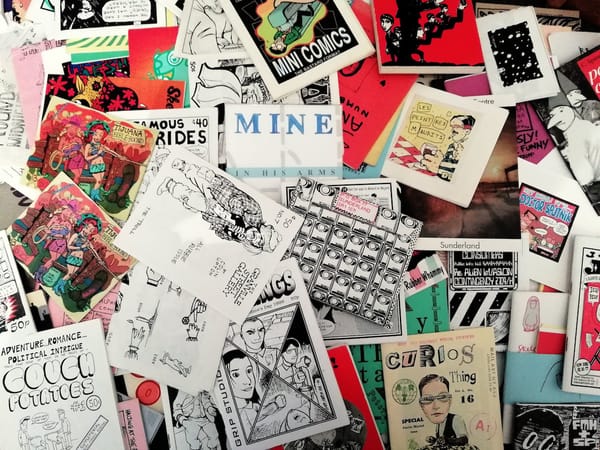Queering the Normal
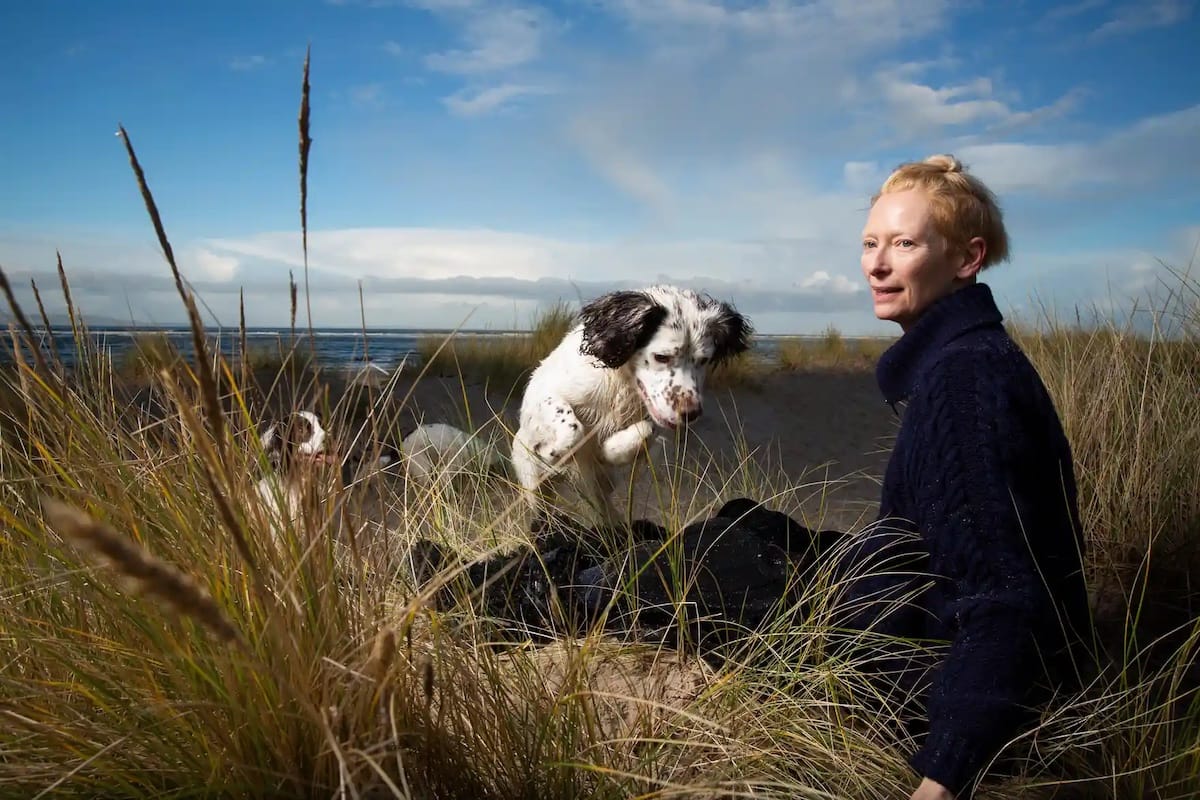
This interview with Tilda Swinton is a delight on so many levels. I commend it to you without question. So much in there about the importance of art, and also the importance of not doing art, of just being. She's such a breath of fresh air, both cleansing and invigorating. Go read.
Here's the bit I want to pull out, regarding her time as one of Derek Jarman's troupe in the late 1980s / early 90s
Like most of her friends back then, she identified as queer, but for Swinton it was more about her place in the universe than her sexuality. "I lived through my 20s in a whole queer environment and it was just at the point when queer was being reclaimed because it had always been a term of abuse. It just so happened I'd also been a queer kid – not in terms of my sexual life, just odd. People said I was queer, like she's a queer fish." She had never quite fitted in anywhere, and for the first time she felt she did.
As someone who was also a bit of a queer kid, not sexually, just odd, this is something I've been thinking about a lot recently as I see more and more people reconsidering their place on the neurological and gender spectrums. In particular I see people from my generation looking at the younger lot and reassessing ourselves, from parents whose kids get an autism diagnosis realising that they too have those traits to those looking realising the new language of gender diversity gives meaning and structure to the confusion they've been repressing or struggling with for decades.
Language is powerful because it gives us the tools to organise our world. Fuzzy nonsense attains clear edges when given a name. You can then hold it, understand it and build with it. A definition, however vague or in-progress, has a force like gravity, pulling ideas together and creating new worlds.
As a young adult I confess to feeling jealous, sometimes, of the gays I knew. Yes, they were scarred from prejudice and violence, but they could hold on to their queerness. It had substance. I was just a bit odd, living my life the best I could but with this mass of whatever it was that didn't make sense buzzing around me. The depression diagnosis didn't help because that was just a symptom, not the thing itself. For a long time I leant on "brain chemistry" as my framework, though no-one ever checked it. It was the shorthand I used to explain myself away.
These days I use "autistic traits" because in 2018 medical professional talked with me for an hour and said I had strong ones. They're not the sort that medical professionals treat, so I haven't seen another medical professional since, but they do put me on the spectrum.
I like "strong autistic traits" as a personal framework and am happy to embrace it. Unlike brain chemistry and depression, it feels like something I can build on. It takes those times when my brain is a fuzzy, confused, angry mess and gives them meaning. I still get confused and angry and I still make gut-wrenching faux-pas, but less so and when I do I understand what's going on.
More importantly I'm able to see the problems coming and mitigate against them. I've noticed during the pandemic that I have developed a kind of mental "spidey-sense", where my brain just stops me from doing the sorts of things that in the past would have ended not-well. I suspect this is partly because like most people I'm exhausted, but I think it comes from embracing this framework.
Tilda Swinton is a great actor, but then so are a lot of people. What makes her special is that she's so unique and otherworldly while also being down to earth. She redefines normality into something much more interesting.
As I get more comfortable with my oddness, thanks to the language I'm now able to apply to it, I find myself wanting to identify as weird; in opposition to the normal way of things, but still part of the whole. I like this feeling.
I wonder if this is how the genderqueer people feel, like they're no longer on the edges looking in. Having a nuanced language for how the world feels to you makes you part of the world.
